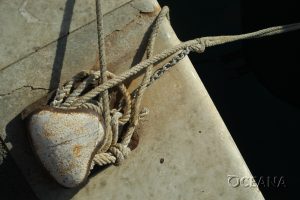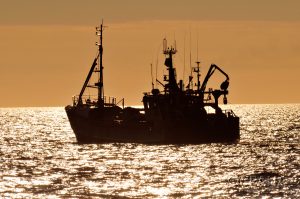
Cutting the line: insurance pathways to reducing IUU fishing
Illegal, unreported, and unregulated (IUU) fishing is a harmful fishing practice that weakens fisheries management, harms ocean fish stocks, and costs the global economy more than USD$20 billion annually.
